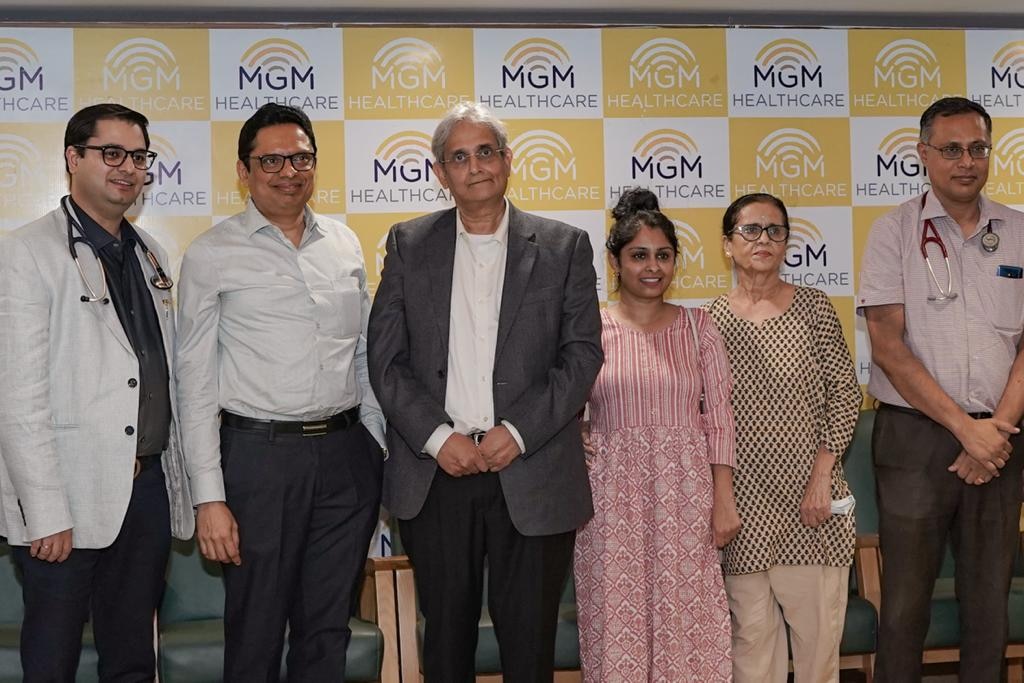A 78-year-old Bangalore resident has become the oldest person in Asia to undergo a successful lung transplant. This groundbreaking procedure not only highlights the progress made in organ transplantation but also demonstrates the possibility of extending life-saving treatments to older patients.
The Journey of the Oldest Lung Transplant Recipient in Asia
This groundbreaking lung transplant took place when a 78-year-old individual, whose identity remains confidential, successfully received a new set of lungs. The patient had been suffering from end-stage lung disease, a condition in which the lungs are severely damaged and no longer function effectively. Despite the significant challenges associated with an advanced age, the medical team deemed the patient suitable for the transplant, and the procedure was carried out with great care and precision.
The Significance of the Milestone
This medical achievement is particularly significant due to the patient's age, as older individuals often face additional complications and risks associated with surgery and organ transplantation. The success of this lung transplant not only demonstrates the capabilities of modern medical technology but also provides hope for ageing patients who may require life-saving interventions.
Advancements in Organ Transplantation
Organ transplantation has come a long way since its inception, with ongoing advancements improving success rates and expanding the pool of potential recipients. Technological advancements, such as improved surgical techniques, better postoperative care, and advancements in immunosuppressive medications, have all contributed to increasing the feasibility of transplantation in older patients.
Challenges and Considerations for Older Patients
While age is a significant factor in assessing the suitability of a patient for organ transplantation, it is not the sole determining factor. The overall health of the patient, including their physical fitness and the presence of any other risk factors, is also taken into account. Additionally, the availability of suitable donor organs remains a challenge, as the demand often exceeds the supply.
The Importance of Organ Donation
The success of this lung transplant serves as a reminder of the critical need for organ donation. Organ transplantation can only be possible if there are enough donors willing to donate their organs after death. Encouraging public awareness, education, and initiatives to promote organ donation are essential to address the growing demand for organs and save more lives.
Future Implications
The success of this lung transplant in an older patient opens up possibilities for extending life-saving treatments to a broader population. As life expectancy continues to increase, there is a growing need to develop strategies and protocols that ensure the safety and efficacy of transplantation in older individuals. Continued research and advancements in the field will play a crucial role in shaping the future of organ transplantation

 The remarkable lung transplant performed on a 78-year-old patient from Banglore, making them the oldest in Asia to undergo such a procedure, is a testament to the advancements in medical science and the immense potential of transplantation. This achievement not only offers hope to ageing patients but also emphasizes the importance of organ donation and ongoing research in extending life-saving treatments to a broader population.
The remarkable lung transplant performed on a 78-year-old patient from Banglore, making them the oldest in Asia to undergo such a procedure, is a testament to the advancements in medical science and the immense potential of transplantation. This achievement not only offers hope to ageing patients but also emphasizes the importance of organ donation and ongoing research in extending life-saving treatments to a broader population. 









.jpeg)




.jpeg)

.jpg)













